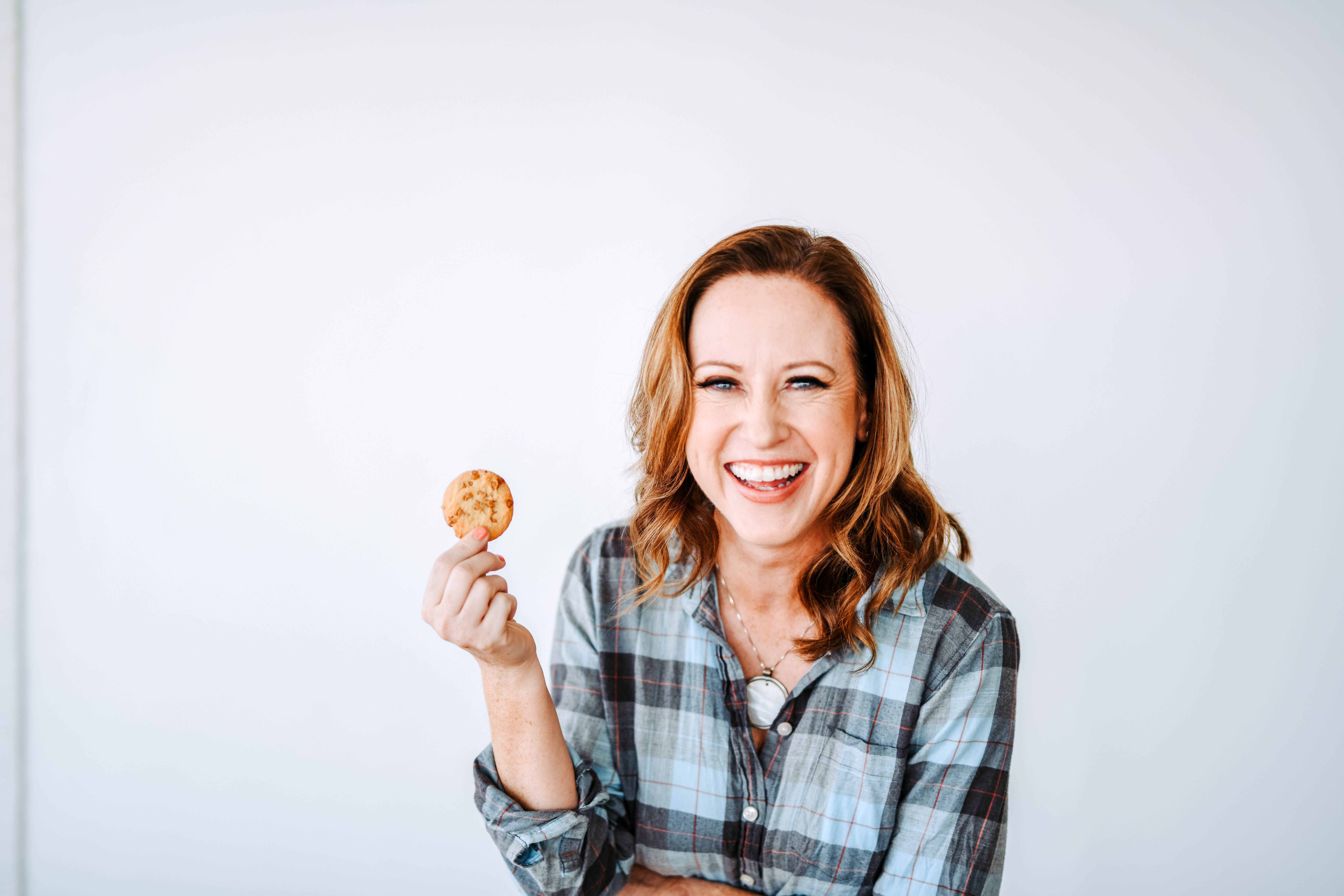Over the past 9 years that I have been in private practice, I’ve seen a lot of amazing change in the way people look at food. The average person is much more aware of food quality and thinks about nutrition as a path to health rather than just a certain weight. However, with the increased focus on health I have also seen a dramatic increase in the amount of pressure we put on ourselves to be perfect and, in some cases, extreme with food. In it’s most mild form this can lead to feeling guilty and ashamed and in more extreme cases leads to disordered eating.
This week we are lucky to have Dr. Rachelle Robinson join us with a guest blog about taking a look at ways to shift our perception and language to prevent disordered eating in ourselves and those we care about. It is well worth the quick read and you may be surprised how much of this language you find in your own life.
TAKING A LOOK AT DISORDERED EATING
It is National Eating Disorders Awareness Week, which is a time to focus on helping families and communities gain knowledge about the risk factors that impact the people they love. Why is disordered eating on the rise among our youth and how can we work to shift these young peoples perceptions so to prevent a full blown eating disorder? This is truly possible and begins with understanding how our language and thinking can negatively impact our relationship with food and our bodies.
I could discuss many risk factors, but one of the first things I tackle with my clients who are struggling with disordered eating is helping them discover and become more aware of the everyday language they use to talk about / describe food and the eating process. The following language is very powerful, so please take time to pause and reflect before moving on:
How often do find yourself saying (thinking) the following: “I was doing so ‘good’ with my food until I ate this ‘bad’ thing,” or “Let’s be ‘bad’ and eat this brownie,” or make the comment to someone, “You’re being so ‘healthy’ for eating that salad.” Although the word “good,” “bad,” and “healthy” are not necessarily meant to be judgmental or critical towards oneself or the person eating a salad for dinner, they are a deceptive way your language and how you think about food sets up a rigid and anxiety-filled relationship with it. Even more, the wording suggests that you should be more restrictive and feel guilt and shame if you eat outside the boundaries of what’s considered “healthy.”
I truly believe the word “healthy” has created a monster in our culture. It is such a loaded word and it forces people to think in such extremes ways. What do I mean? Well, if you are not eating “healthy” then it means you are eating “unhealthy,” or it divides food into “good” and “bad” categories. This is how my clients initially speak to me and how they relate to food…and their bodies.


